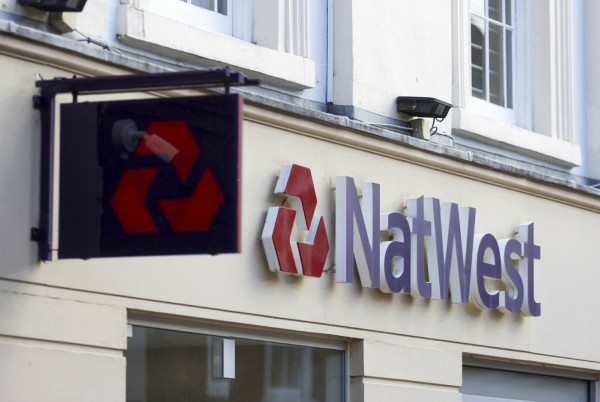

She claimed this was the second time her accounts had been frozen without an explanation in the space of two years.
The customer, who had first contacted FTAdviser two years ago when the first freeze happened, came back to FTAdviser a week after the accounts were frozen this time round.
At the time, said she had not received any correspondence from the bank in relation to the issue.
The customer had also emailed the bank’s chief executive, Alison Rose, with a complaint but had not received an acknowledgement before contacting FTAdviser.
Banks and building societies are entitled under the law to freeze accounts without any notice as they see fit, and they are not obligated to tell customers their reasons for doing so.
Most customers never find out exactly why their account was flagged as suspicious with the bank.
In this case, the two customers co-own a UK government licensed pharmaceutical wholesaling business that provides medicine and pharmaceutical products to the NHS.
The NatWest client said she believed the accounts were frozen after a customer of their business reported it for fraud over a delayed delivery, despite sending their customer written updates about his delivery, which FTAdviser has seen.
The NatWest client showed confirmation to FTAdviser that the delivery had taken place.
Freezing accounts
In 2020, our sister publication, the Financial Times reported that a rise in fraud during the pandemic may have been a reason that banks’ began increasingly freezing accounts.
Although no individual banks publish statistics related to frozen accounts, incidents of it appeared to increase during the pandemic according to Resolver, the free online tool for complaints and claims.
In 2020, the Financial Ombudsman Service estimated it received around “50 complaints a week that are about account closures or suspension”.
FTAdviser contacted NatWest last week in an attempt to find out why the accounts were frozen, but the bank was not able to discuss the individual case.
A NatWest spokesman said: “Like all UK regulated banking institutions, NatWest is subject to legal and regulatory requirements, and we treat compliance with them as a matter of priority.
“This may mean NatWest is required to delay or refuse to act on a customer’s instructions, and suspend or restrict a customer’s accounts and services.”
Since FTAdviser reached out to the bank all of the customer’s accounts, along with her business partner’s account, have been unfrozen but they have not received any explanation about why they were locked out.
When the customer had her account frozen two years ago, it was also only unfrozen without explanation after FTAdviser contacted the bank.
If a bank’s customer believes they have been treated unfairly, they can take their case to the ombudsman, who may decide that compensation for financial losses are owed.
For example, the Fos has previously said if a bank closes a customer’s account without giving them enough notice this might mean they fail to honour a cheque, direct debit or standing order payments.
It could also lead to a direct loss in the form of interest or late payment fees and there could be indirect losses like “damage to a customer’s reputation or adverse information on their credit file.”
In its guidance to banks, the Fos said: “If we decide you were wrong to close a customer’s account, or you didn’t give them enough notice, we’re likely to tell you to reimburse them for any direct costs.”
jane.matthews@ft.com



